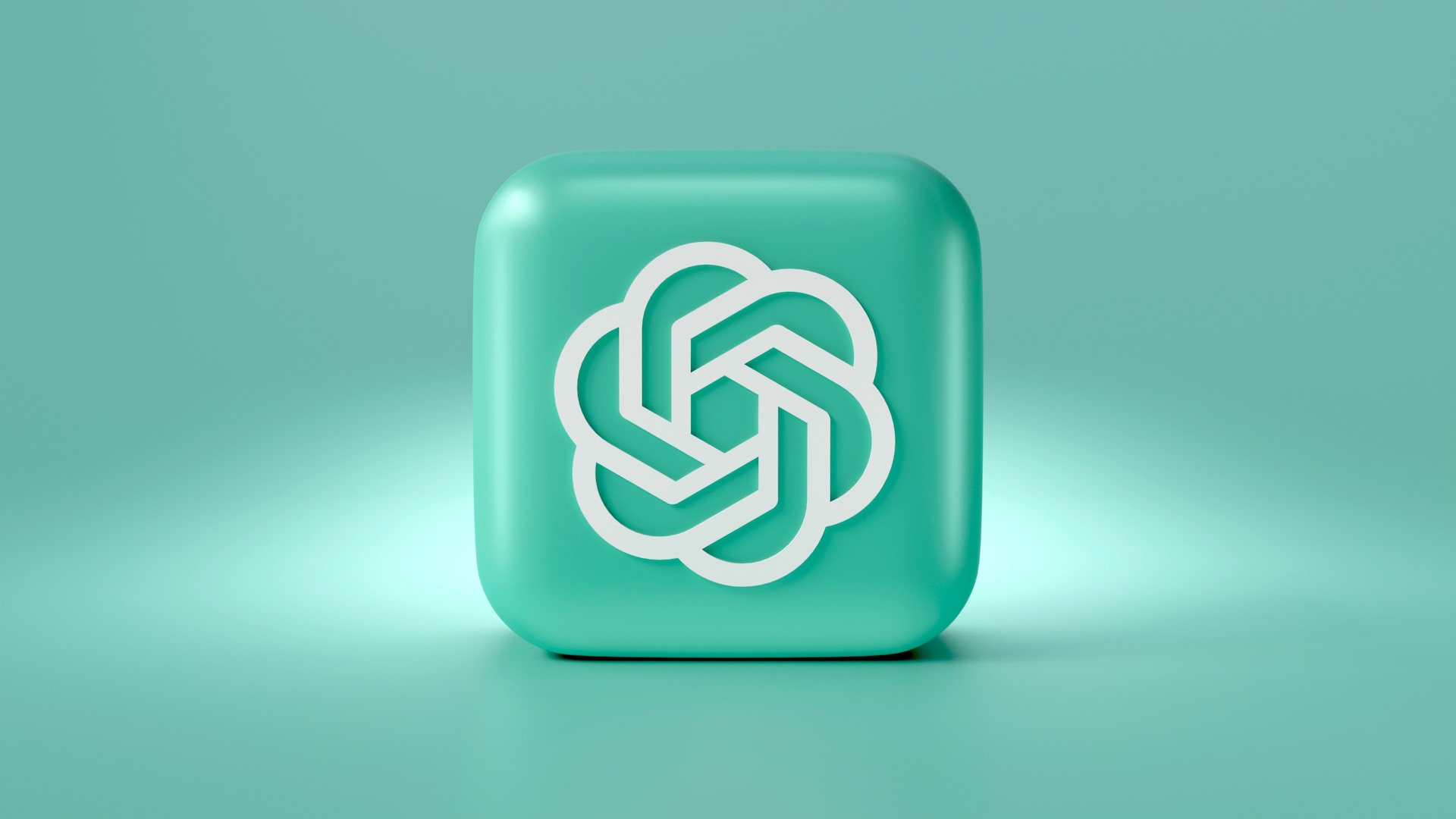Introduction:
In a groundbreaking development that has the potential to transform healthcare, GPT AI, an advanced artificial intelligence system, is making its way into the doctor’s office. This integration of AI technology promises to revolutionize patient care, diagnosis, and treatment planning. In this article, we explore the exciting possibilities presented by GPT AI in healthcare, examine its impact on medical professionals, and consider the ethical considerations surrounding its use.
The Rise of GPT AI in Healthcare:
GPT AI, short for Generative Pre-trained Transformer, has gained significant attention for its natural language processing capabilities and ability to generate human-like text. Originally developed by OpenAI for language-based tasks, GPT AI is now being harnessed in the field of healthcare. The system has been trained on vast amounts of medical data, enabling it to assist doctors in a variety of ways, from diagnosing complex conditions to aiding in treatment decisions.
Enhancing Diagnosis and Treatment:
One of the most promising applications of GPT AI in healthcare is in the field of diagnosis. By analyzing patient symptoms, medical histories, and research literature, GPT AI can provide medical professionals with valuable insights and recommendations. This augmented intelligence can help doctors reach accurate diagnoses faster and develop personalized treatment plans that consider a wide range of factors.
Moreover, GPT AI’s ability to process and understand medical literature allows it to keep up with the latest research and treatment guidelines. This ensures that healthcare providers have access to the most up-to-date information, leading to improved patient outcomes and a more efficient healthcare system.
The Human-AI Partnership:
It is crucial to recognize that the integration of GPT AI in healthcare is not meant to replace doctors but rather to augment their expertise. The system acts as a powerful tool, providing physicians with additional support and analysis to aid in decision-making. The combination of human intuition and AI-powered assistance creates a symbiotic relationship that has the potential to revolutionize patient care.
Ethical Considerations:
As with any emerging technology, the use of GPT AI in healthcare raises ethical considerations. It is vital to ensure patient privacy and data security in the collection and analysis of medical information. Strict regulations and protocols must be in place to protect sensitive patient data from misuse or unauthorized access.
Transparency is another crucial aspect when utilizing AI systems in healthcare. Patients should be made aware when AI is involved in their care, and they should have the opportunity to understand and consent to its use. Clear communication and ongoing education about the role of AI in healthcare will foster trust and understanding between patients and medical professionals.
Looking Ahead:
The integration of GPT AI into the doctor’s office marks an exciting turning point in healthcare. With its advanced natural language processing capabilities and vast medical knowledge, GPT AI has the potential to enhance diagnostic accuracy, improve treatment planning, and revolutionize the delivery of patient care.
However, it is essential to proceed with caution, ensuring that ethical guidelines are in place and that the human touch remains at the core of healthcare. Striking a balance between the power of AI technology and the expertise of medical professionals will be crucial in harnessing the full potential of GPT AI and creating a future where patients receive the best possible care.
Conclusion:
The introduction of GPT AI into the doctor’s office represents a significant leap forward in healthcare innovation. By leveraging the power of natural language processing and comprehensive medical knowledge, GPT AI has the potential to revolutionize diagnosis and treatment planning. As medical professionals and technology work hand in hand, it is crucial to uphold ethical considerations, safeguard patient privacy, and maintain transparency in order to build a future where AI augments human expertise.




